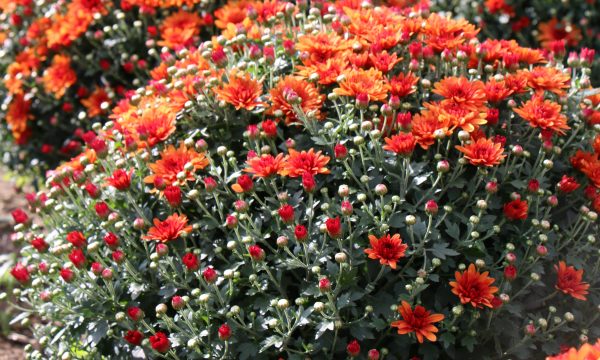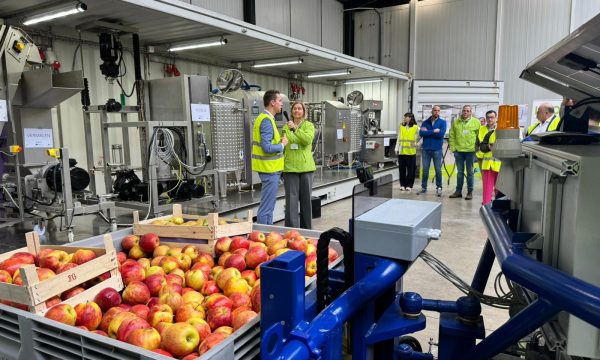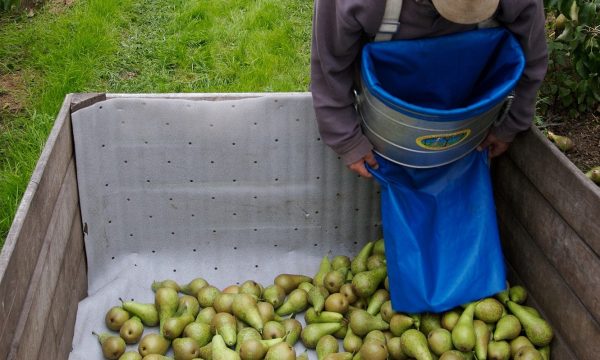Press release EU project on plant-based cosmetics ingredients with scientifically proven effects
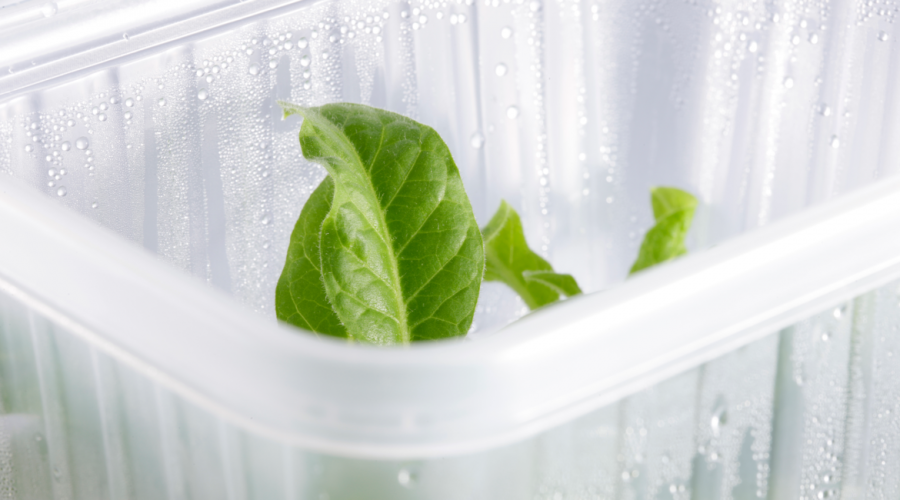
Over the next four years, 17 partners from 11 European countries will work on scientifically validated, safe plant-based cosmetic ingredients. The Horizon2020 project is called InnCoCells (in full: Innovative high-performance cosmetic products from plants and plant cells). In Flanders, ILVO, VIB and AddEssens are the research partners. "We aim for a systematic and innovative approach to discovering active plant components and developing them into producible ingredients for cosmetic products, which have both proven qualities and an acceptable environmental impact. We are guided by stakeholders (producers and consumers) to ensure that the new cosmetic ingredients are really suitable for the market."

Innovative production processes from a range of plants
Vegetables and fruits (e.g. tomato, carrot, apple, cranberry and juniper, litchi, olive...), herbs (e.g. basil, ginger, cumin, oregano, lemon balm, sage), as well as hops, licorice, hemp or flowers (e.g. marigold, geranium , chrysanthemum, lilac) are all on the list of plants to be studied. The goal is to develop natural cosmetic ingredients from these using innovative production processes.
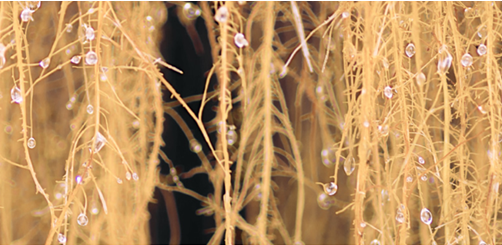
The plant material can originate from full-field crops, greenhouse crops, agricultural waste streams, but also from plant cell cultures and even from so-called aeroponics culture or air culture installations. In 'air culture' the plants are conditioned in such a way that they will excrete the desired components via their roots (= rhizose secretion) in a soil-/substrate-free culture, fed via a mist system. Plants are, as it were, continuously 'milked' via their roots.
Scentifically supported
A basic principle of the InnCoCells approach is that any biological activity of a potential ingredient is validated with a wide range of cell-based tests. The selection process foresees that only those plant extracts and natural products with the most promising activities and environmentally friendly production processes are further developed and tested on human volunteers.
All aspects of the future production chain
The researchers begin with a broad initial screening of a large range of plant species and plant parts, looking for truly relevant ingredients and corresponding biosynthetic pathways. 'At this stage, attention is already being paid to respecting the rules for access to genetic resources.' The 11 countries involved are developing a streamlined evaluation line, in which nearly all plants and their derived ingredients can be carefully tested for the presence of bioactive components with relevant functional properties. The project partners believe they will be able to verify the activity of at least 50 innovative ingredients.
Of these, at least 20 should lead to optimized production processes. These can be cell cultures or cultivations of the entire plant in the greenhouse, in the field or in aeroculture (air culture installations). In addition, they are aiming for a zero-waste approach in the processing and will also analyze 10 agri-food by-products for their potential as starting materials. Here we also study the feasibility and make a sustainability analysis of the necessary processing steps," says Bart Van Droogenbroeck of ILVO.
A major challenge in InnCoCells is the development of sustainable production and purification technologies. Even on a pilot scale, these do not currently exist in Europe. The researchers want to develop these technologies for at least 10 active ingredients. Work is also underway on administrative market access, including compiling product safety and regulatory dossiers, and addressing the necessary environmental assessments.
InnCoCells has been attentive to market entry opportunities from the outset. By sharing the new knowledge and know-how with cosmetics industry stakeholders and end users, the project partners aim to promote the rapid commercialization of ingredients and develop final products that consumers want. Finally, the project also monitors the fair distribution of the added value creation is between the actors of the entire production chain.
17 partners for innovation, sustainability and marketing
InnCoCells is working with an EU budget of 7.9 million euros. Partner VTT from Finland is the coordinator. The 16 other partners are a mix of academic institutions (universities and research organizations) and SMEs, as well as one large industrial partner, a non-profit organization and a sector organization representing the cosmetics industry.
ILVO's task includes the bio-refining of supplied plant material to purify components relevant to cosmetic products. The best possible valorization of all residual streams generated during bio-refinery is pursued, in order to come as close as possible to a 'zero waste' processing. "ILVO is working on plant species of interest to Flanders: tomato, by-products from Belgian endive and industrial chicory (Cichorium species) and possibly also on hops and marigold. From the CichOpt project, for example, it has already been established that there is an anti-microbial effect in extracts from Cichorium species, which may be relevant for skin creams with an antifungal effect."
VIB is coordinating the work package that focuses on bioprospecting and optimization of plants and cell lines. VIB will develop and assemble a universal set of tools, both genetic and non-genetic, that will enhance both the production of plant biomass and the accumulation of bioactive ingredients therein. VIB will develop this set using tomato as a model system. "ILVO and VIB are looking forward to working with all partners in this strong European research consortium and are convinced of the importance of this groundbreaking research to accelerate the transition to a sustainable bio-based economy. The research perfectly matches the research vision of ILVO and VIB and the recently launched policy of Minister of Agriculture Crevits' recently launched bio-economy policy plan. The B2BE facilitator, one of the pillars in this policy plan, will contribute to sharing all insights from InnCoCells with interested Flemish actors as quickly as possible. Collaborations between knowledge institutions such as VTT, VIB and ILVO, as well as economically important actors such as Merck and Plant Advanced Technologies, among others, will also create opportunities for the Flemish agriculture and bio-economy sector in the long term."
AddEssens wants to focus on extracting high-quality components from herbs such as oregano, lemon balm, hemp and black cumin. These are herbs that have not yet been sufficiently researched for their potential to enrich natural cosmetics. It also wants to further expand its knowledge for the valorization of the residual flows from red fruit processing. This is an important by-product from the food industry that is the basic raw material for our existing product portfolio. "For Add Essens, as a small player, the cooperation with important research institutions and international players is of prime importance in order to continue to play a role in the challenge for a sustainable, economically viable future. The European dimension and a broad network are priorities for accelerated knowledge building."
www.inncocells.org
https://cordis.europa.eu/project/id/101000373
